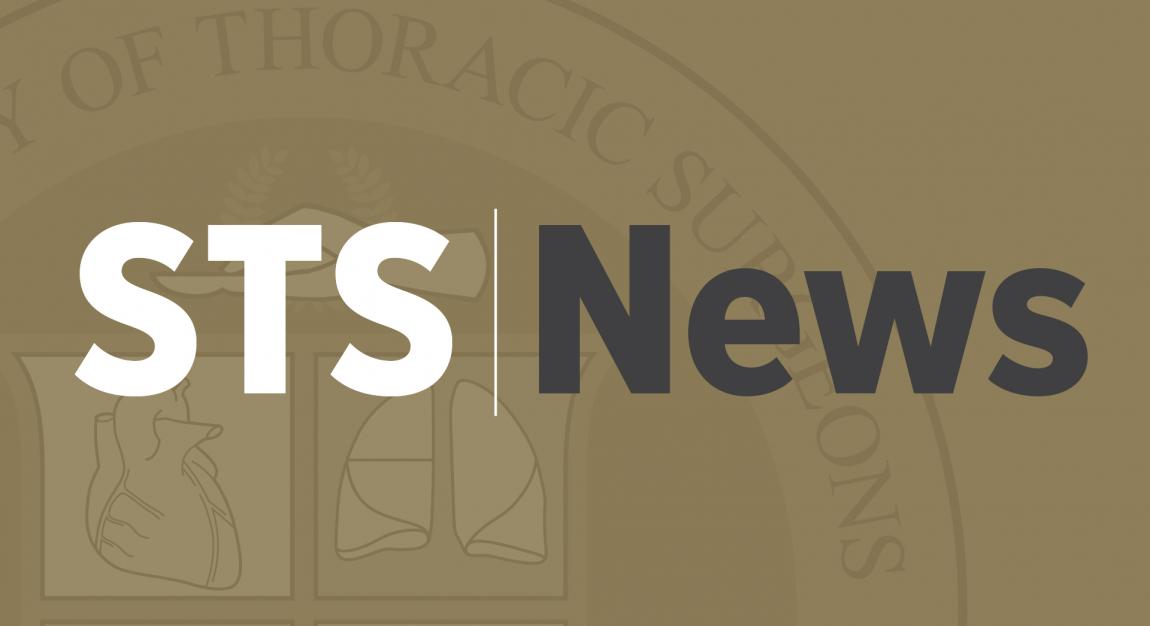
John H. Calhoon, MD
STS News, Summer 2022 — Just a couple of months ago, I was sitting in my office thinking about the importance of leadership during crisis and trying to make sense of the latest tragedy within our borders and the ongoing conflict thousands of miles away in Ukraine. So much violence and so little sense.
The Uvalde shooting hit very close to home as the school is located approximately 80 miles from where I live, work, and raise my family, and some of the victims were treated by the trauma team at The University of Texas at San Antonio.
And not as close, but just as devastating, are the war in Ukraine and its terrible consequences. Major powers have been unable to stop the fighting, and the war continues with an ongoing loss of life and mounting strife realized by the entire world.
Where do we sit in all this, and what should we be doing?
Leaders Everywhere, Every Day
We are leaders in our communities, our institutions, and our departments and teams. In these times, it is especially important to do our best to serve as wise and measured voices as we keep in mind the duties beyond those of our careers and professions. There are moments in life—like this—when people depend on our leadership to reassure those around us, build connectedness, and inspire confidence.
Building Community
Importantly, we must recognize the importance of CT surgeons and our professional associations collaborating with and supporting one another. We all have skin in the game and are working toward a common goal of advancing the specialty and providing quality care for our patients. Of course, we all are enthusiastic and excited to return to in-person meetings and resume live learning and networking.
Thankfully, once again we are experiencing the power of face-to-face interactions—deeper, more meaningful conversation, handshakes and hugs, a joyful respite from our phones and computers.
Meeting Successes
The inaugural in-person STS Coronary Conference in Ottawa, Ontario, Canada, was a great success, with nearly 150 attendees gathering from 18 countries last month to discuss the latest techniques for coronary artery bypass surgery. The sold-out, hands-on Workshop on Robotic Cardiac Surgery in Atlanta, Georgia, this spring was another highly regarded success.
Right around the corner is the Critical Care Conference in Denver, to be held Sept. 8-10. Boot Camp, scheduled for Sept. 29-Oct. 2, will provide 60 residents with an experiential foundation and hands-on practice in basic cardiothoracic operating skills. Other upcoming meetings include the LatAm meeting in Cartagena, Colombia, being held Dec. 1-3, in conjunction with our colleagues from EACTS.
The Society also recently organized a leadership retreat, attended by Drs. MacGillivray, Romano, and Szeto, key STS staff, and me. Together, we began to map out critical initiatives and discussed future opportunities, including a variety of quality education programs that will ensure STS has a clear direction and purpose for years to come.
Modernization of the Database
During the AATS meeting in May, Dr. Vinay Badhwar, on behalf of his multidisciplinary co-authors, presented an invited landmark paper on mitral valve repair that used data from the STS National Database. This paper, along with several others, showcased the value of the information from the Database.
Overall, the Database continues to get stronger, although it has not been without some hurdles as we evolve to a fully digital platform. The Society is continuing to transition data capture and data analytics to internal STS staff, eliminating the need to rely on outside vendors and giving us more authority and responsibility for accurate and timely reports. We are very resolute in this goal.
Important Advocacy Work
On the advocacy front, the cardiothoracic surgery specialty remains under attack with the possibility of additional cuts to clinical reimbursement.
As a founding member of the Surgical Care Coalition, the Society continues to work with the American College of Surgeons and other associations to find longer-term solutions to Medicare’s broken payment system, while also protecting access to necessary surgical procedures and high-quality care for all patients.
The STS Government Relations team also remains focused on other important regulatory and legislative issues that are relevant to cardiothoracic surgeons and our patients.
There remains much to do—in the ORs, in our institutions, in our communities, for our specialty, and for each other. But I am optimistic that with the help of wise and selfless leaders like you, we have a much better chance.
Stay grounded, and do not fall prey to the quicksand around us all.
More to come, John.
